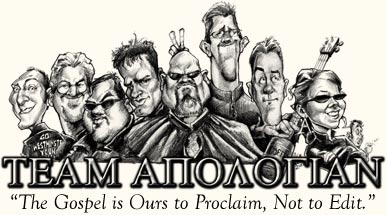Virtually every morning I try to catch up on news and sports while
running on my treadmill. Often the running (mostly walking) is
accompanied by the vigorous exercise of my remote. Recently, I flipped
into an interview involving Singaporean mega-pastor Joseph Prince. The
more I tuned in, the faster my heart rate. Disregard for the meaning and
context of Scripture was simply breathtaking. It all led up to taking a
shower and beginning work on a book now titled The Osteenification of American Christianity.
Why Osteenification? Because Joel Osteen is the prime provocateur of a
seductive brand of American Christianity that reduces God to a means to
our ends. A message that beckons multitudes to the table of the Master,
not for the love of the Master but for what is on the table. He is the
de facto high priest of a new brand of Christianity perfectly suited for
a feel-good generation. And while a host of pretenders (including
Prince) follow in his train, Osteen is clearly the biggest of the
bunch—according to People magazine, “twice as big as the
nearest competitor.” And his claim to America’s largest church is just a
small part of the story. With one billion impressions per month on Facebook and Twitter, Osteen is the hip new personification of God-talk in America. Continue at Hank Hanegraaff
See also: Whither the Prosperity Gospel?














